I was in a youth advisory committee meeting for a local council last week and we asked each young person what issues they are passionate about. One of the answers really stood out to me, a young person said “I am passionate about recognising and understanding my privilege and using it to give a voice to those less fortunate than me”. How many 14 year olds do you know that can reflect so deeply on a topic such as privilege? I was astounded and inspired.
This got me thinking.. when have I been required to be critically reflective about myself and my work? Whilst there is some reflective practice involved in team meetings, supervision (that’s a whole other story in itself) and trainings, I don’t recall a time where the main focus was on critical reflective practice. With this in mind I decided to get in touch with you, our Ultimate Youth Worker community, and find out what your thoughts are on reflective practice.
Here are some of the responses:
“Youth Workers should use this process to talk about the things that are affecting you personally. What has been a situation with a client that are made you uneasy, or made you frustrated or angry, or made you nervous, or that you have ‘hit the wall’ with a client. You should unpack that and get in touch with what is going on, it will help you.”
– Paul McDonald, Anglicare Victoria.
“Reflective practice is extremely important in youth and social work to avoid experiencing vicarious trauma. A few years into my career, I worked with a particular family that caused me to suffer vicarious trauma. I was young myself and their story was particularly harrowing and frustrating. I wasn’t in the headspace, both professionally and personally, to truly acknowledge how this situation was affecting me. I had one-on-one supervision but at that time it wasn’t adequate, and I would stay late every day, long after everyone else had gone home. After many months of this, the trauma seeped into my personal life and eventually I realised what was happening. As my career has progressed and I have now managed a team, I see the vast importance of reflective practice, both individually and as a group/team.
Within our team and site, we have one-on-one supervision, group supervision with a child psychiatrist, group supervision with an occupational therapist who is a child trauma specialist, as well as practice reflection as a site. These are absolute non-negotiables now and are compulsory for all required staff to attend. The work we do is tough, and without these safe spaces to be able to reflect on what we do and how we do it, as well realise how our work affects us, we cannot do the best work for the people we support.”
– Sammy Hoppe, Launch Housing.
It’s great to see positive comments on reflective practice, it goes to show that there are some structures and processes out there that work really well to support staff in their personal and professional development. However I have come across a large number of youth workers who express the opposite concerns about the support they are getting with regards to reflective practice. In our experience at Ultimate Youth Worker, we find that this is partly due to a lack of a clear model for critical reflective practice for youth workers. One particular model that we find effective in our practice is Jan Fook and Fiona Gardiners framework for critically reflective practice, outlined in their book ‘Practicing Critical Reflection’.
In short, the framework is broken down into three phases and is usually facilitated in small groups, but it can also be used in a one-on-one setting. Firstly, the participants are asked to go through the process of ‘unsettling assumptions’. In this stage, the participant is asked to reflect on their practice and how it is affecting them, but they are also asked to unpack their assumptions based on their social and cultural context. The reason the term ‘unsettling assumptions’ is used is to ‘shake up’ the thinking of the participant in a way that they start to experience a degree of discomfort and explore hidden assumptions that they normally wouldn’t. Which in a supportive and clinical environment can foster greater and deeper learning. The second phase focuses on linking the learnings from the previous stage with theory and practice relevant to the individual and their work. In the third phase, which we argue is potentially the most neglected part of reflective practice, the participant goes through the process of linking their changed awareness with changed actions. This third phase is the most important part of reflective practice.
In their book, Fook and Gardiner state that “The climate and culture of the critical reflection process are probably as important as the tools and techniques used.” They continue by describing how important it is for the facilitator to create an environment where participants acknowledge the potential pain, risk and vulnerability involved with reflecting. I would love to say that I’ve had such a detailed and structured reflective practice session in my years as a youth worker, but unfortunately this is not the case. A story that I’m sure is all too familiar. What are your thoughts on this model? Would you want it to be implemented in your workplace? Share your comments in the section below.
If you would like to read more about the model, we suggest reading “Practicing Critical Reflection” and “Being Critically Reflective: Engaging in Holistic Practice”. If you feel you need more support in this area, contact our Director, Aaron Garth at [email protected] to have a short discussion about how we can support you.
Thank you to all of our amazing community members who have sent through their thoughts and ideas on reflective practice, we really appreciate your input.
Until next time, watch out for the crocs!
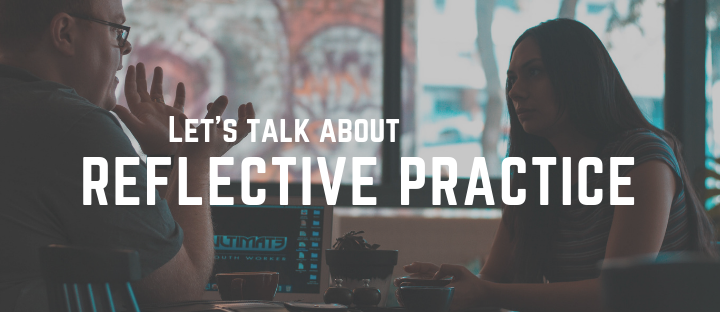
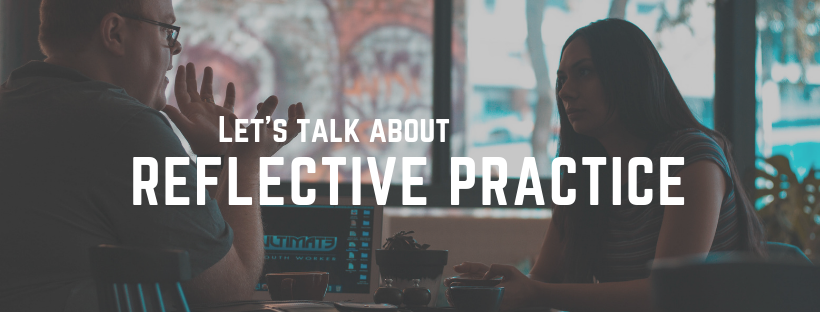
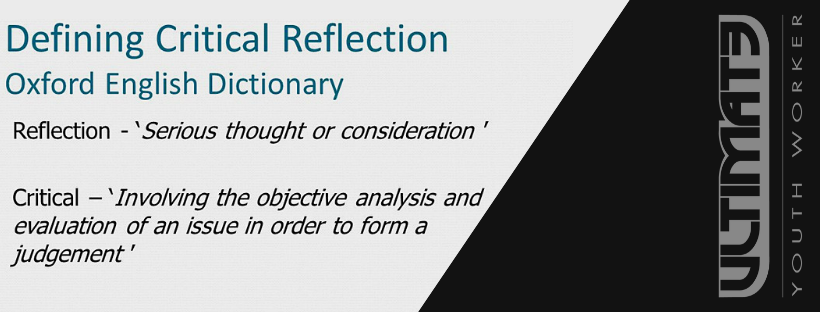
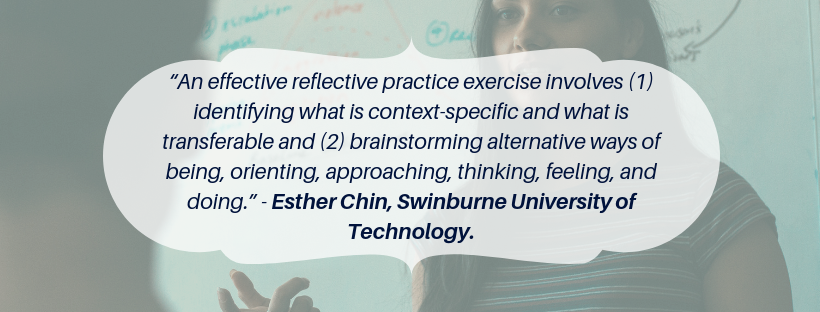
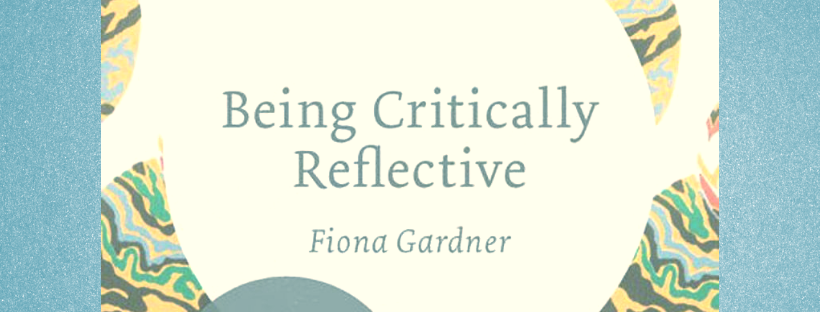

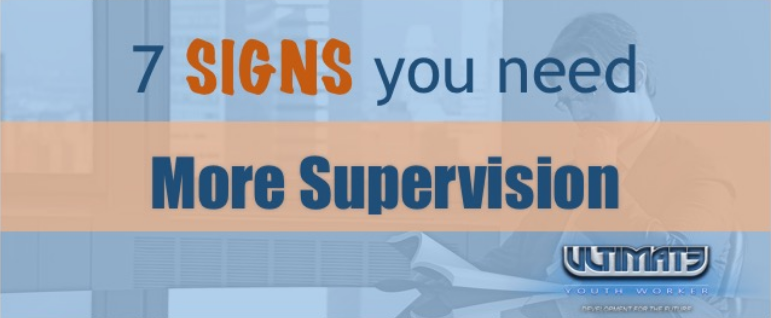 You need more supervision!
You need more supervision!



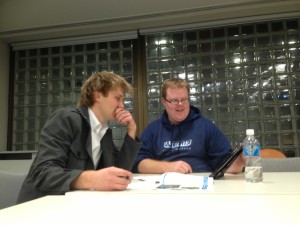
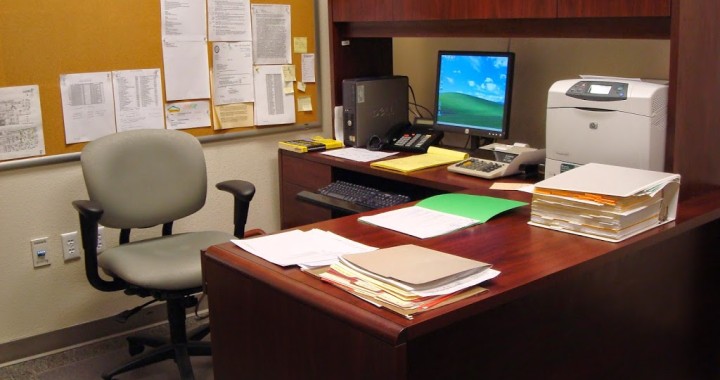


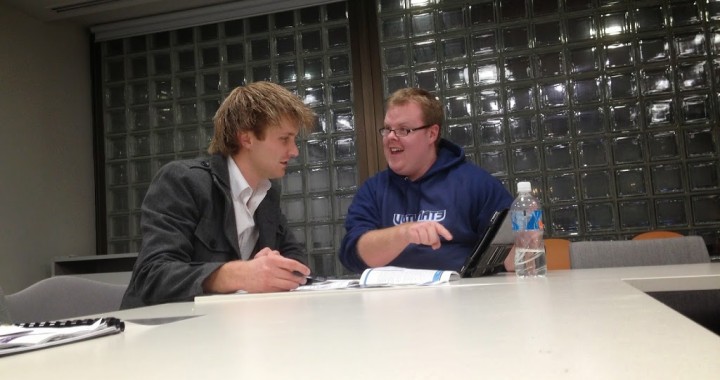
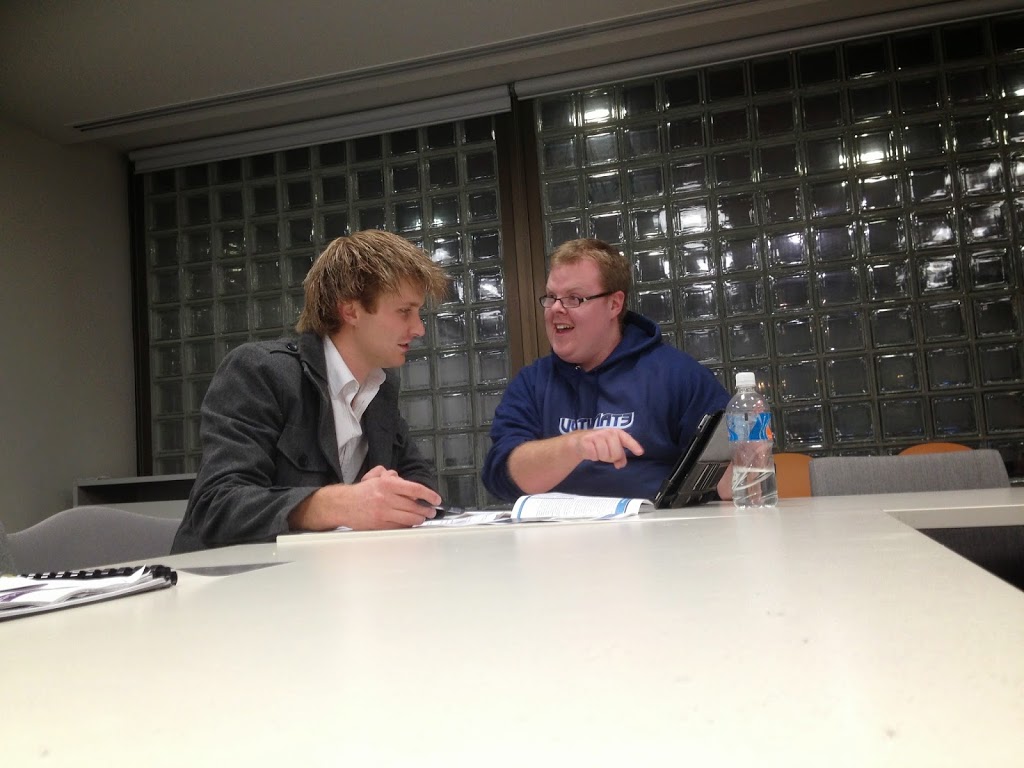
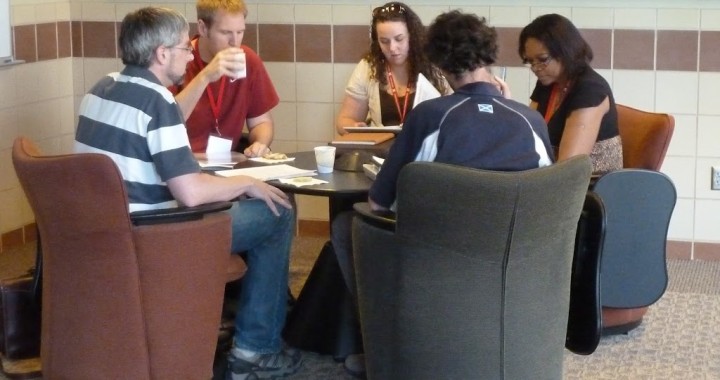
 Peer Consultation,
Peer Consultation,  Peer consultation comes in two forms.
Peer consultation comes in two forms.